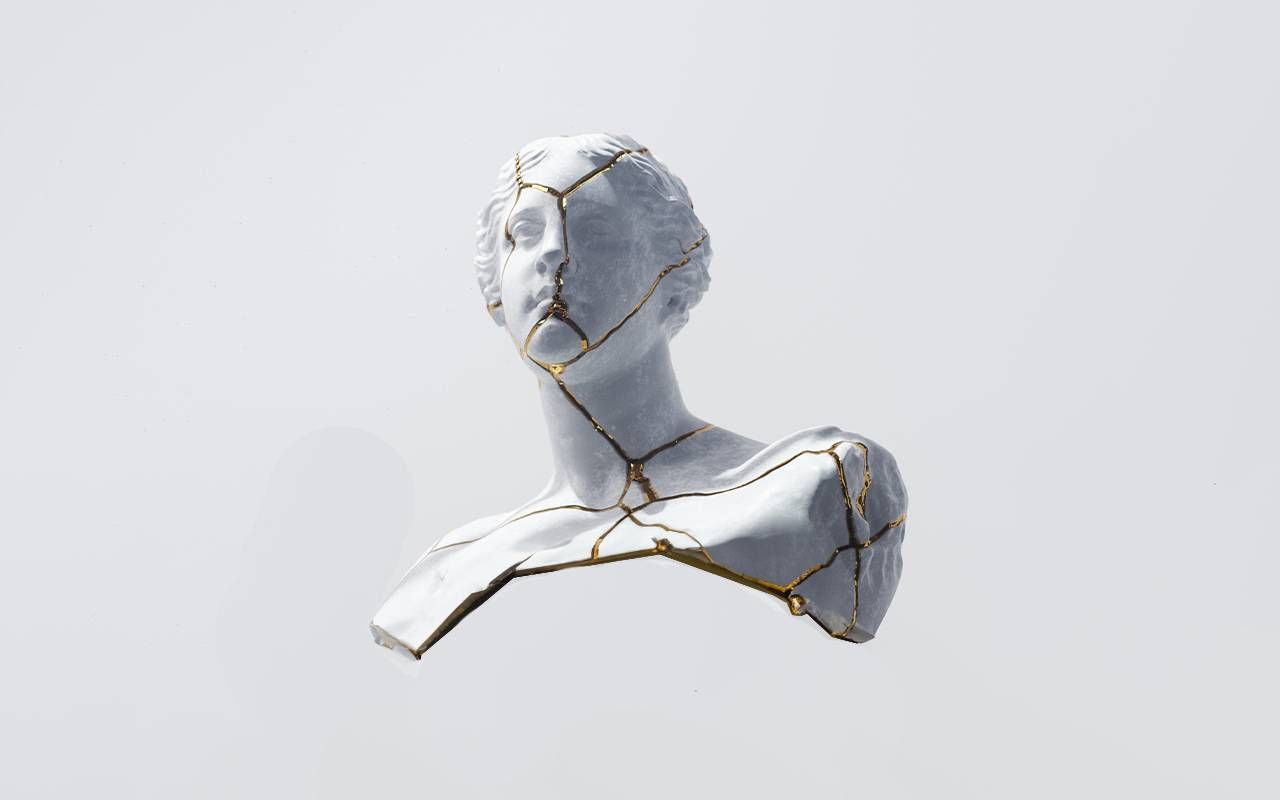Ruminations on the Word 'Old'
Semantics, pragmatics and other meanings of this often weighted word
Recently, a friend questioned my oft use of the word 'old' when referring to myself. Of a similar age, she doesn't consider herself old at all. The fact that I describe myself with that particular adjective annoys her. She doesn't understand why I would ever present myself this way.

I thought about this for a few weeks after she brought it up and have realized that I regard old differently than many other people do. To me, old is not a negative, not something to be kept secret for fear someone may think less of me. In fact, something I find annoying is when I say, "I'm old; I've been doing XXX for almost 40 years," and someone immediately replies, "You're not old!"
To me, old is not a negative, not something to be kept secret for fear someone may think less of me.
My argument is that in the context of what I was referencing, I am.
When I say old, I mean not new. I mean experienced, knowledgeable, maybe even wise. I mean I've seen and been through some stuff — lots of stuff — and survived. I am still here, like the old maple tree standing on my parents' property that has weathered all manner of storms over the past 50 plus years and is thriving and strong; now, towering over the house. It is old and beautiful and powerful. That is what I mean by old. I mean it as a positive thing.
So, perhaps this is just an argument of semantics or pragmatics. But, when I thought about it more, I realized that while that is certainly true; underneath the semantics and pragmatism of this small, little word 'old' lay a veritable murky pool of stereotype and fear.
Semantics and Pragmatics
'Old' is a very ordinary word, Sally McConnell-Ginet, a linguist specializing in semantics and pragmatics and professor emerita at Cornell University told me.
"Context is typically the subject of pragmatics, but certain kinds of expressions don't even really have meaning without a context," she explained.
For instance; pronouns like I and you. We need the context to determine who we're talking about. Similarly, when we use the word 'old', we need context to determine what age might be relevant.
Her mother never told anyone how old she was because when she had divulged her age, she felt people stopped wanting to be friends with her.
Another example would be the word 'tall.' In a recent New Yorker article about his friend, former Senator Bill Bradley (who played basketball for the New York Knicks), John McPhee writes about accompanying Bradley on a campaign visit during which someone commented that Bradley was taller than they'd expected because he'd always looked so small when he played for the Knicks. Bradley was the same height he'd always been but, in the context of a bunch of pro basketball players, that would not have been tall at all.
Of course, the context of old is not so easily or straight forwardly construed, especially since, in the United States, there's such a negative stereotype surrounding it.
The Stereotypes of Being 'Old'
Sherry Cormier, a psychologist and author of the book "Sweet Sorrow" began our conversation by telling me about her mother who lived to be 93, remaining mobile and active until six months before she died. Her mother never told anyone how old she was, Cormier explained, because when she had divulged her age, she felt people stopped wanting to be friends with her. Or, they expected so little of her that they stopped asking her to contribute (she volunteered a lot). Ultimately, she felt as if things were being taken from her.
"I don't think of myself as old. I really don't," Cormier said (she's in her early 70s), "But, I tend to be like my mother; sort of afraid to tell people my age. If someone finds out, they're like, oh my God, I had no idea you were that old.'
Which is pretty much a negative compliment; the subtext being if you're old, you should be decrepit.
McConnell-Ginet, who is in her my mid-eighties, has had similar experiences. "People say, I can't believe you're that old and blah, blah, blah. I do a lot of things that people my age typically don't do, or that people are surprised I'm doing when they know how old I am."
"I do a lot of things that people my age typically don't do, or that people are surprised I'm doing when they know how old I am."
Were things always this way or has our society become more youth-centric than it once was?
While McConnell-Ginet pointed out that this focus on youth is connected to the explorer idea (on which America was founded) and on how families don't stay in the same locale. There's also today's tech culture; a whole arena of our lives that is mostly dominated by young people.
There's a lot of negative stereotyping in the United States about age, which isn't the case in other cultures; quite the opposite actually. There are cultures that harbor great reverence for age and older people, and even for old objects. For instance, there's a Japanese custom called Kintsugi wherein if, for example, a bowl breaks, instead of discarding it, they fill the cracks with gold.
Cormier thinks that if I lived somewhere else, the reaction to my 'old' statements would be met with more understanding and acceptance.
"If we had grown up in a different culture, we probably wouldn't even being having this discussion," she said.
Should I Stop Calling Myself 'Old'?
Blessed with good genes and an innately active nature, I've always looked younger than I am. My hair is a true strawberry blond, made up of a tangled mass of varying shades of blond and red strands, which camouflage the gray spikes throughout. Never processed, dyed, or even blown dry, it is as long and unruly as it was when I was teenager; actually, probably more so. I'm not comfortable speaking in front of groups and, when I hear recordings of my voice, it sounds like that of a young girl's.
When I turned 50, I was inordinately happy. I found it profoundly significant that I had made it to the second half of my life.
I've spent my entire adult life trying to convince people that I do know what I'm talking about, that my views and opinions are valid, that I have the required experience, that I've earned my place at the proverbial table. And so, I use the word 'old.' Which is why I bristle when someone replies with an immediate, dismissive response that I am not.
And, according to Cormier, its completely natural for me to not feel good when I say something about myself and it's invalidated.
"It would give me pause," she agreed, "And I'd think, gee, do I really want to continue to have a conversation with this person?"
But what she thinks is actually happening is that when someone hears me say that I'm old (or older); they assume I'm also referring to them. And they don't regard themselves as old. One of the things many people don't want to acknowledge is old age and when I so blatantly and straight forwardly address it, I am calling attention to the knowledge that we are all, in fact, getting older.
"It's very healthy that you can think of yourself as getting older. I think the dismissiveness comes from their discomfort with what that might mean for them," Cormier said. "I don't think you need to adjust yourself to make other people more comfortable."
For me, getting older — being older — is a gift of serenity and freedom. I'm not fearful of it.
When I turned 50, I was inordinately happy. I found it profoundly significant that I had made it to the second half of my life. I was proud of myself which perhaps sounds strange to many people but as an angst filled, emotional, overly sensitive teenager and young adult who spent entirely too much time in her own head, reaching 50 often seemed iffy, at best.
But I made it and somehow, along the way I stopped caring quite so much what people thought of me and ceased trying to seamlessly patch and smooth over all the cracks, mistakes and imperfections and began, instead, to fill them with gold.


